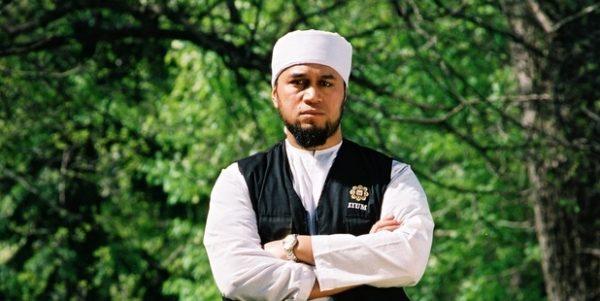
According to our numbers, Islam is the fastest growing religion amongst the Maori populations. It should be pointed out that while we use the term ‘Maori’ in our discussion, the term itself is “an omnibus term for the tangata whenua (people of the land) deployed in settler discourse” (Havemann 1999: 6). Hence, a reference to a ‘Maori community’ or a ‘Maori population’ obscures the reality of between 36 and 43 iwi (distinct tribal groups) representing different cultural and political identities (competitive) among all the ‘Maori’ in New Zealand. There is occasional political tension between the iwis, but Maori – constituting 12,9% of the total population – demonstrate a uniform front towards any external threats to their rights; for instance Maori have opposed a formal policy of multiculturalism, fearing negative effects on their distinctive recognition under a biculturalism (Clark 2006). A fear of the loss of this distinctiveness might be one of the reasons behind conversion among Maori. In some cases the reasons behind conversion reach further than a fear of ‘loss of place/rights’. Te Amorangi Izhaq Kireka-Whaanga – the leader of the Aotearoa Maori Muslim Association (AMMA) and recently ranked by the Royal Islamic Strategic Studies Centre (RISSC) in Jordan among the 500 most influential Muslims in the world (Indian Weekender Online 2010) – claims that Islam provides the perfect vehicle for the quest for Maori sovereignty (tino rangatiratanga). Kireka-Whaanga statements take on strong militant overtones, expressing disenchantment with various aspects of New Zealand (Western) society such as the ongoing colonial oppression, dominant Western values and empty promises of Christianity – even comparing this quest to a form of jihad (Hume 2004). The inclusion of the term ‘jihad’ in Kireka-Whaanga accounts is nothing unique. The term ‘jihad’, like ‘terrorism’, appears frequently in political and public discourse on conversion to Islam among Aboriginal Australians and Maori, indicating the strong impact of global media on all matters to do with ‘Islam in the West’. These terms conjure up militant images, and strong association with dominant forms of violent masculinity, which in itself might prove attractive to young Maori and Aboriginal men, seeking a place in society.
Islam and Indigenous Populations in Australia and New Zealand
Helena Onnudottir

